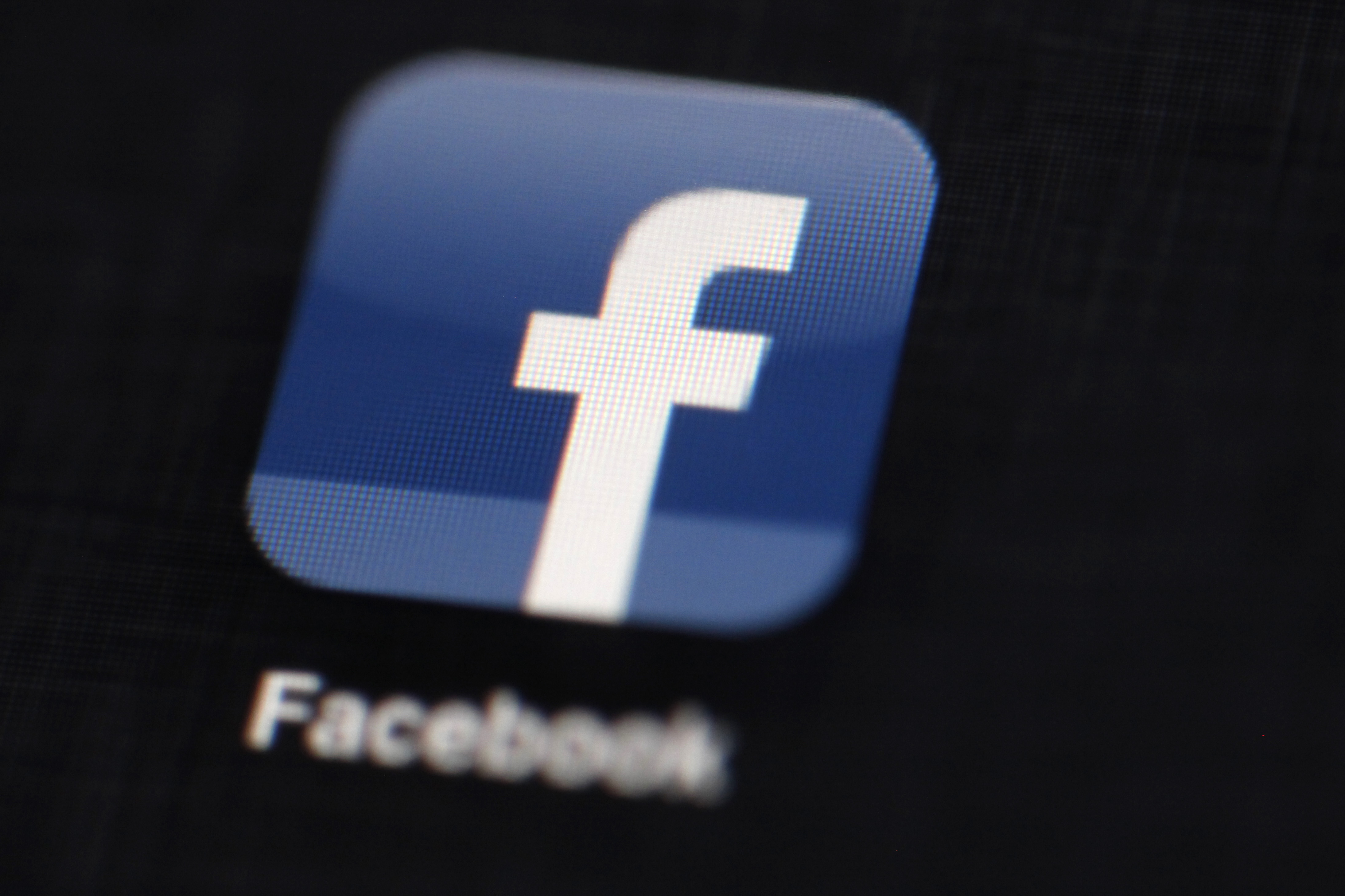![facebook[ID=22156475] ID=22156475](http://www.gannett-cdn.com/-mm-/1b479af338263b92ad1357eeae6e8a6507e0e382/c=178-0-3594-2920/local/-/media/2015/01/22/USATODAY/USATODAY/635575193576532788-AP-Facebook-Privacy.jpg) To Facebook, your personal information is everything. The more the site has on you, the more money it can make from advertisers who want to target you. Unfortunately, there are some things you shouldn't share online.
To Facebook, your personal information is everything. The more the site has on you, the more money it can make from advertisers who want to target you. Unfortunately, there are some things you shouldn't share online.
These little factoids alone might be alright, but added up together could lead to identity theft, being stalked or other major trouble. Here's what you shouldn't share and how to keep your information safe when you don't have a choice.
1. Your home address
Almost any person trying to rob your house can take advantage of knowing your home address. Post a photo from vacation or a live event and burglars instantly know an address that's unoccupied. Be sure that none of that information is visible on your Facebook profile.
Go to your Facebook account and click your name at the top next to the search bar to load your profile. Then click the Update Info button and then, the "Contact and Basic Info" section to remove your address.
One other place you might not think about your address appearing is under events. If you create an event, it will likely have your address so people know where to go. If that accidentally gets set to Public, then anyone can see it. Or your friends might invite their friends, so now more people have it than even know.
Either delete the event right after it happens, or ask people attending to message you directly for the address.
Be sure to check back through your history to get rid of any old events or posts that have your address in them. Click here to learn how to use Facebook's built-in tools to make browsing past posting history easier.
2. Anything work-related
Try not to put any information on your Facebook that reveals where you work. You don't just have to worry about identity thieves when it comes to your employment.
If someone from your workplace searches for fellow employees on Facebook, then they might find something that they don't like. Similarly, if a hacker wants to break into your company, gathering information about the employees is going to be their first task.Click here to learn the scary ways hackers can use social media to break into any company.
Bonus tip: If you're worried about coworkers or employers stalking you on Facebook,then change these three basic settings.
Remove any information about your current job and be very selective about which coworkers you friend. When it comes to jobs that you've previously had, you might want to think twice before deciding whether or not you want to interact with your old coworkers. If you do, be sure to check your posting history to make sure you didn't say anything bad about them in the past.
3. Your relationship status
Including your relationship status on your Facebook page just invites awkwardness. The number of "likes" that you might get from people after you change your status from "dating," or even "married," to "single" or "it's complicated" will creep you out.
Bonus tip: Have some pictures you don't want everyone to see? Here's a tip that will teach you how to make sure that some of your friends don't see all of your photos.
Certain relationship statuses are also a draw for cyberstalkers. At one point, there was a Facebook app that would notify you if certain friends changed their relationship status to "single."
It's easier to just remove your relationship status entirely and let people find out from your other interactions with them.
4. Your payment information
Facebook is free, but it still wants your credit card number. Adding your financial information lets you buy gift cards and other products straight through the website. How convenient!
Of course, one of the best ways to accidentally get your credit card charged for something could be to leave your Facebook profile open on your home, work or public computer. A family member, friend or complete stranger could use it to spend money on something straight through Facebook. You don't want that to happen, do you?
Plus, there are no guarantees Facebook won't have a data breach some day. You want your credit card number in as few places online as possible.
5. Your phone number
This one is tricky because several great Facebook security features, such as login notifications and login approvals, require your phone number. Plus, if you use the Facebook app on your phone, it's going to know your phone number anyway.
On the other hand, by default people you friend can see your phone number, even if you didn't want to give it to them.
To fix that, go to your profile by clicking on your name at the top of the Facebook page. Click the "Update Info" button and go to the "Contact and Basic Info" section. Next to your phone number, click the Edit link, and then click the little icon under the number and change it to "Only Me." Then click "Save Changes."
Just like with your address, you'll also want to go back and remove any events and posts that include your phone number. And please never post a message that says, "I lost my phone and got a new one. Here's my new number: XXX-XXX-XXXX." Have people message you directly for it if they want it.
Of course, there are plenty of other bits of information on Facebook that shouldn't be public. Fortunately, you can secure most of it, if you know where to look.
On the Kim Komando Show, the nation's largest weekend radio talk show, Kim takes calls and dispenses advice on today's digital lifestyle, from smartphones and tablets to online privacy and data hacks. For her daily tips, free newsletters and more, visit her website at Komando.com. Email her at techcomments@usatoday.com.


